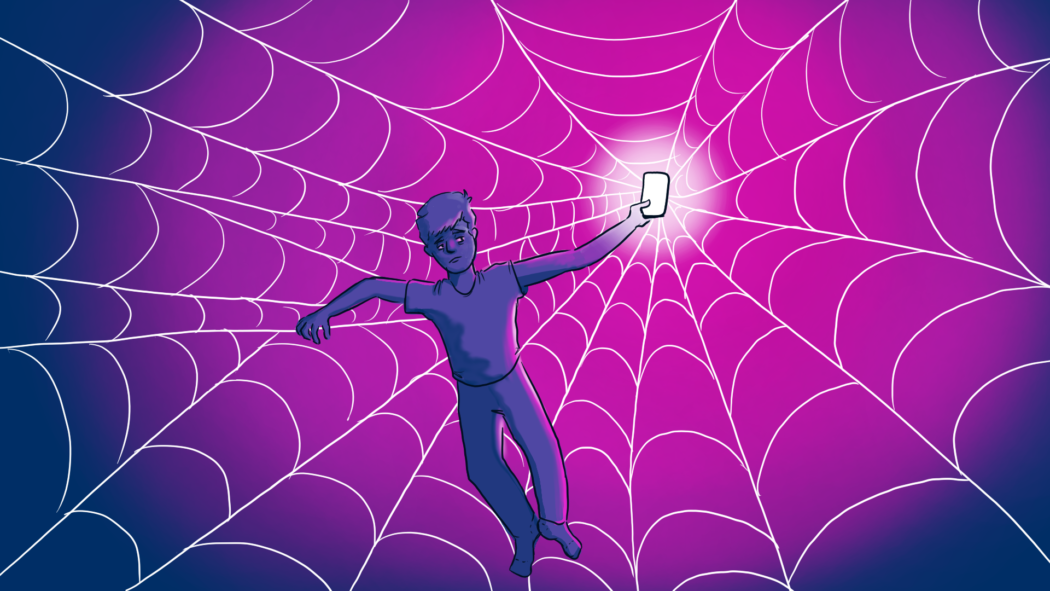Opinion: Learned helplessness is a problem in today’s media
Mental health has become a more prominent issue within the past few years. The World Health Organization has noticed an increase in awareness surrounding mental health and mental illness. Much of this new awareness has been channeled into better identifying causes and effects of mental illnesses such as depression or anxiety.
Bearing in mind the many types of seasonal mental health challenges during this time of year, it is important to understand some components of a person’s life that can result in greater psychological turmoil.
Learned helplessness is a psychological condition in which an individual believes they have no control over their life due to continuously dealing with negative uncontrollable circumstances. This condition can occur for a variety of reasons, oftentimes for people who are trying and unsuccessfully breaking certain habits or leaving certain social scenarios.
According to Psychology Today, learned helplessness often leads to other mental health issues such as depression or anxiety. These mental illnesses can be extremely detrimental, often impacting a person’s physical health.
But what does learned helplessness have to do with the news?
The media of today has become polarized. The Pew Research Center found that 30 of the most popular news sources were not trusted by more than 50% of U.S. adults in 2020. Distrust in the media is becoming a staple in American life, and confusion over where to find reliable sources may continue to grow.
The obvious issue with media distrust is misinformation is more easily spread from other, less-reputable sources. The use of social media to stay up to date on current events is becoming increasingly popular, especially among young people. The difficulty to regulate those sites often leads to misinformation becoming more widespread and further makes it difficult for the everyday citizen to discern what is truth and what is fiction.
This confusion over where to look for facts and where to avoid fake news is a mentally taxing struggle. People need to know what is going on. New policies regarding the coronavirus, for example, are now an integral part of everyone’s lives. If false information regarding the effectiveness of such policies were to be spread, there could be significant consequences, such as a surge in cases.
Sorting through misinformation and fact can mentally wear down individuals. Psychology Today reports that the new necessity of fact-checking every bit of information found online can result in cognitive exhaustion which leads to informational learned helplessness.
The difficulty of sifting through useless information to clarify a small point of order can lead to the feeling that the individual has no possible way to truly know the problems that the world faces today. This in turn means that many people don’t know how to help alleviate the challenges of the modern world. That perception of no control can then instill learned helplessness in the population.
While we may not be able to control the world at large, it is possible to step away from potential sources of misinformation. Taking some time away from news sources or social media in order to recover mental wellbeing is important. Hopefully, the news climate will soon find a way to combat misinformation and reduce the cognitive stress required to sort out facts from fiction. Until that time, do not hesitate to prioritize mental wellbeing in the search for information.
—
Bryant Saunders is a computer science major and member of Utah States Speech and Debate. He has an enthusiasm for discussing philosophy and politics.
— A02307089@usu.edu

